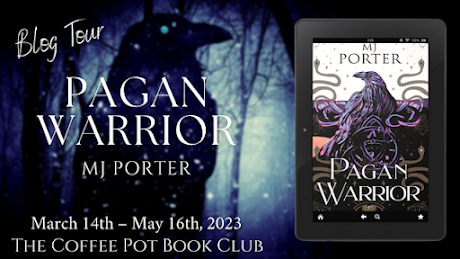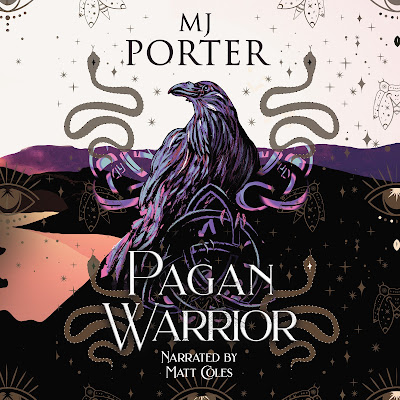The Queen’s Scribe
by
Amy Maroney
Queen Charlotta of Cyprus, a forgotten monarch
While researching the Sea and Stone Chronicles, a collection of novels about ordinary people living under the rule of the Knights Hospitaller in medieval Rhodes, I stumbled across a woman of power whose story captivated me. Her name was Queen Charlotta, and she ruled the Kingdom of Cyprus for a moment in time during the exact era of my research.
Just what the Kingdom of Cyprus was, I had no idea. So, like any overzealous historical novelist, I dove down an exhilarating research rabbit hole in search of more details.
I was astonished by my findings. The Kingdom of Cyprus, Jerusalem, and Armenia (the latter two designations were purely titular) was ruled by the French Lusignan dynasty for hundreds of years. Its zenith came in the thirteenth and fourteenth centuries. By 1458, when the fifteen-year-old, widowed Queen Charlotta ascended the throne, the Lusignan dynasty was hobbled by war and debt, and poisoned from within by corruption and betrayal.
Queen Charlotta therefore faced a formidable set of complications when she donned her crown. She not only accepted the challenge, she exhibited tremendous ambition and courage. Less than two years after taking the throne, she moved her courtiers to the seaside fortress of Kyrenia, where they survived a massive siege by her power-hungry half-brother, Jacco. Then, when her second husband Louis of Savoy proved a weak leader, she left him in Cyprus and sailed around the Mediterranean entreating allies to help save her crown.
Clearly, this courageous queen’s story had to be told. So I resolved to bring her to life with a novel, The Queen’s Scribe.
KYRENIA FORTRESS, WHERE QUEEN CHARLOTTA RESISTED A SIEGE BY HER HALF-BROTHERThough her father, King Jean, was a Frenchman born into the Lusignan dynasty, Charlotta’s mother, Eleni Palaiologina, was a proud Greek woman who defied the “Latin” influence of her husband’s court. Charlotta grew up a Greek girl in her mother’s apartments, and never learned much French.
But when Charlotta was married to Prince João of Portugal at fourteen, she was suddenly required to communicate in French (their common language). Her need for trusted interpreters would only grew stronger as time went on and she was forced to seek assistance from Western allies such as the Knights Hospitaller, the Pope, and the king of France. This is how I developed the concept of a fictional heroine serving the queen as a skilled interpreter and scribe.
ST. HILARION CASTLE, WHERE THE ROYAL FAMILIES OF CYPRUS RETREATED FOR LEISURETIME PURSUITSAfter the 1457 murder of her husband, Prince João, Charlotta faced a new betrothal. This time, her fiancé was her first cousin, Louis of Savoy. In the Greek Orthodox tradition, the marriage of first cousins doomed the bride and groom to hell. Charlotta’s mother naturally opposed the union. But as soon as she died, the marriage was on.
Fortune’s wheel turned again when King Jean died just a few months after his wife (whether it was due to natural causes or poison was a matter of dispute). Teenaged Charlotta ascended the throne, her father’s council members whispering in her ear just as they had done with her father. Meanwhile, her half-brother, Jacco, vowed he would seize the kingdom. His plan: gain the favor of the Sultan of Egypt, raise an army, and attack Cyprus. Charlotta would spend the rest of her life fighting to preserve her throne.
I chose to tell Queen Charlotta’s tale through the eyes of fictional Estelle de Montavon, daughter of a French falconer. I first wrote a story starring her in an anthology a few years ago, and she plays a minor role in my novel Island of Gold.
In The Queen’s Scribe, Estelle—a talented scribe and linguist—becomes as valuable as gold when the royal court retreats to Kyrenia Fortress and civil war looms between the queen and Jacco. As Queen Charlotta voyages across the Mediterranean Sea beseeching French-speaking allies for help, Estelle is at her side, witnessing every triumph and disaster along the way.
This extraordinary queen’s ambition and courage burned brightly, but all too briefly. Like so many other women who deserve a place in history books, her story has been relegated to the shadows. I hope that The Queen’s Scribe plays a role in bringing Charlotta of Lusignan’s story back into the light.
Amy Maroney studied English Literature at Boston University and worked for many years as a writer and editor of nonfiction. She lives in Oregon, U.S.A. with her family. When she’s not diving down research rabbit holes, she enjoys hiking, dancing, traveling, and reading. Amy is the author of The Miramonde Series, an award-winning historical fiction trilogy about a Renaissance-era female artist and the modern-day scholar on her trail. Her new historical suspense series, Sea and Stone Chronicles, is set in medieval Rhodes and Cyprus.
The Queen’s Scribe is on Kindle Unlimited and is available worldwide from Amazon: https://mybook.to/QueensScribe
Social Media Links:
Website: https://www.amymaroney.com/
Twitter: twitter.com/wilaroney
Facebook: www.facebook.com/amymaroneyauthor
Instagram: www.instagram.com/amymaroneywrites/




























